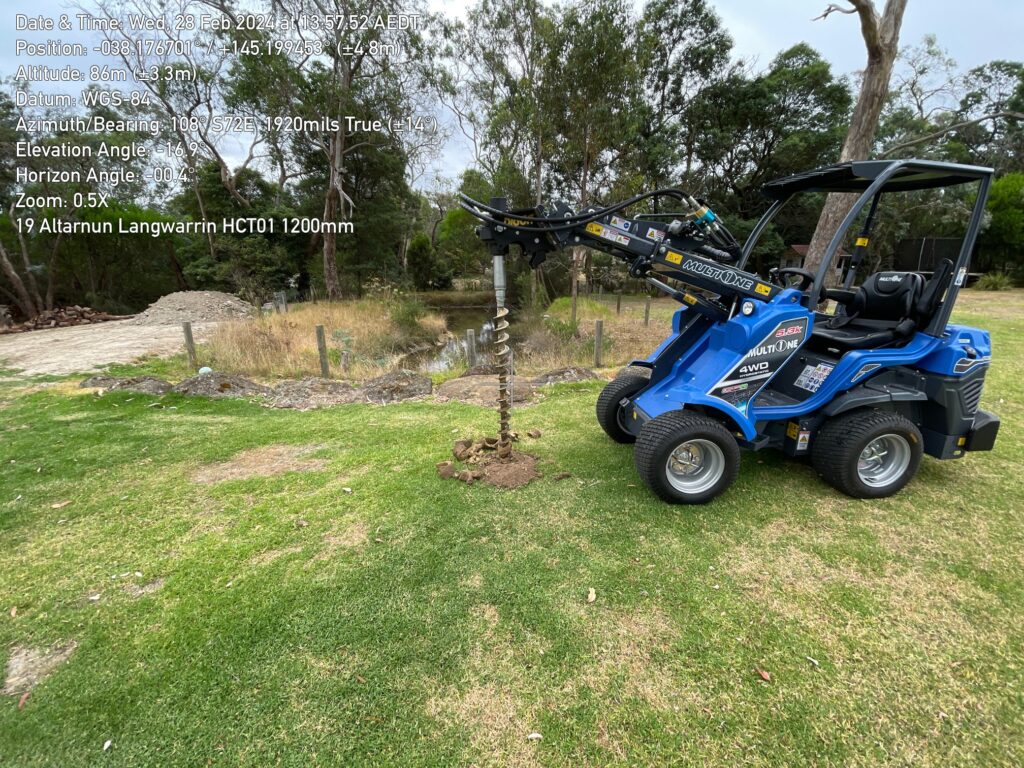When planning any development project, understanding the land's suitability is essential. This is where Development Land Capability Assessment Services come into play. These services evaluate the land’s ability to support onsite wastewater treatment systems, buildings, and other infrastructure while protecting the surrounding environment. Whether you are a property developer, homeowner, or local government authority, a Land Capability Assessment (LCA) provides a foundation for sustainable and legal land use.
One of the most common concerns for clients is the Land Capability Assessment cost. This blog will explore why LCAs are essential, what influences their pricing, and how to find a balance between quality and affordability when selecting your service provider.
What is a Development Land Capability Assessment?
A Development Land Capability Assessment is a scientific analysis of the soil and site conditions on a property. The assessment is conducted by environmental consultants or soil scientists and is often required by local councils before approval for building or subdivision projects involving septic systems.
The key elements assessed in an LCA include:
- Soil permeability and texture
- Slope and drainage
- Flood potential
- Vegetation coverage
- Proximity to water sources or environmentally sensitive areas
- Climate and rainfall patterns
The goal is to determine whether the land can safely manage on-site wastewater without polluting groundwater or surface water and without causing environmental degradation.
Why LCA is Essential for Development Projects
- Regulatory Compliance:
- Local councils and planning authorities in Victoria and other parts of Australia require an LCA before granting permits for developments using septic systems. It ensures that your project meets environmental protection laws and public health guidelines.
- Environmental Protection:
- Poorly managed wastewater can contaminate water supplies and natural habitats. An LCA minimizes environmental risks by offering data-driven wastewater management solutions.
- Cost Savings in the Long Run:
- A reliable Land Capability Assessment can help avoid future repair costs by preventing system failures and environmental fines.
- Informed Planning:
- Developers can use LCA results to modify or redesign site plans, selecting more appropriate building locations or wastewater treatment solutions.
Factors Affecting Land Capability Assessment Cost
The Land Capability Assessment Cost can vary based on several factors. Here’s a breakdown of what influences the pricing:
- Size and Complexity of the Site:
- Larger or irregular-shaped plots require more testing and analysis, leading to higher costs.
- Soil Conditions:
- Sites with difficult terrain, rocky soil, or high clay content may need more advanced testing and time, increasing the price.
- Location:
- Remote or hard-to-reach locations may include travel and logistics fees.
- Purpose of the Assessment:
- Assessments for larger subdivisions or commercial developments are more complex and costly than those for single dwellings.
- Report Detail Required by Council:
- Some councils demand more detailed reporting and design specifications, which can increase the consultant’s workload and cost.
- Urgency:
- If you require a fast turnaround, you may be charged a premium for priority service.
Average Land Capability Assessment Cost in Victoria
While prices may vary across different providers and regions, here is a general estimate of Land Capability Assessment costs in Victoria:
These estimates usually include site inspection, soil testing, data analysis, and a detailed report with recommendations. However, they may not cover follow-up visits, council submissions, or septic design plans.
Tips for Choosing Affordable and Reliable LCA Services
- Compare Multiple Quotes:
- Request detailed quotes from at least three providers. Ensure the quotes include all necessary services so you can compare them fairly.
- Check Qualifications:
- Make sure the service provider has experience in soil science and environmental management. Licensed professionals are more likely to produce council-approved reports.
- Look at Local Experience:
- Providers familiar with local council requirements and land conditions can offer faster and more accurate assessments.
- Review Inclusions:
- Some providers may offer additional services like wastewater system design or council submission support within the quoted price.
- Ask for a Sample Report:
- Viewing a previous report can help you understand the level of detail and professionalism to expect.
Why Choose Septic Land Capability Assessment Services?
At Septic Land Capability Assessment, we specialize in delivering professional and compliant LCAs for all types of development projects. Our team is experienced in working with local councils and delivering cost-effective solutions that meet planning and environmental requirements.
We offer:
- Transparent and competitive pricing
- Fast turnaround times
- High-quality reports accepted by councils across Victoria
- Support with permit submissions and wastewater system design
Whether you're planning a single dwelling, rural property, or subdivision, our expert consultants can guide you every step of the way.
Conclusion
A Development Land Capability Assessment is a critical step in ensuring your land is suitable for development, particularly when wastewater treatment systems are involved. While the Septic Land Capability Assessment can vary, it is a worthwhile investment that saves money and protects the environment in the long run.
Choosing the right provider will ensure your project proceeds smoothly, with fewer delays and no unexpected costs. Septic Land Capability Assessment is here to provide professional, affordable, and council-ready assessments tailored to your needs.





Comments